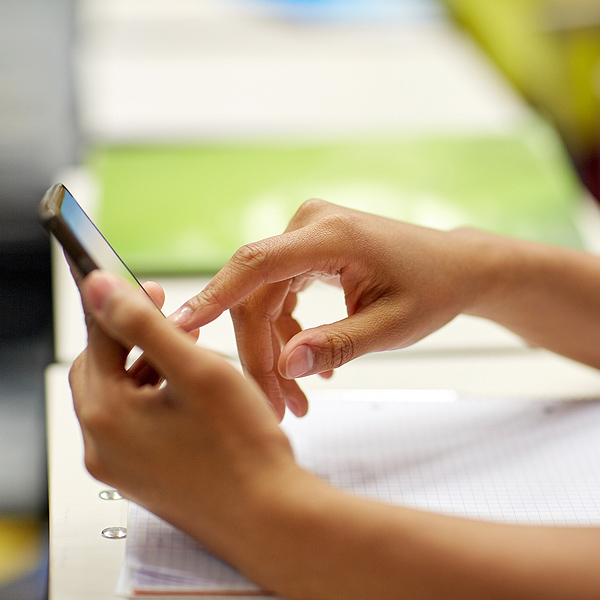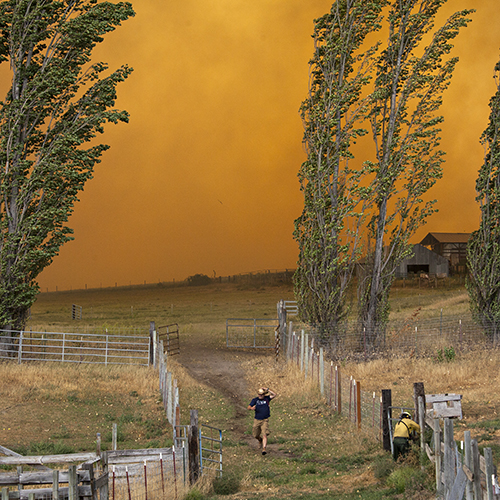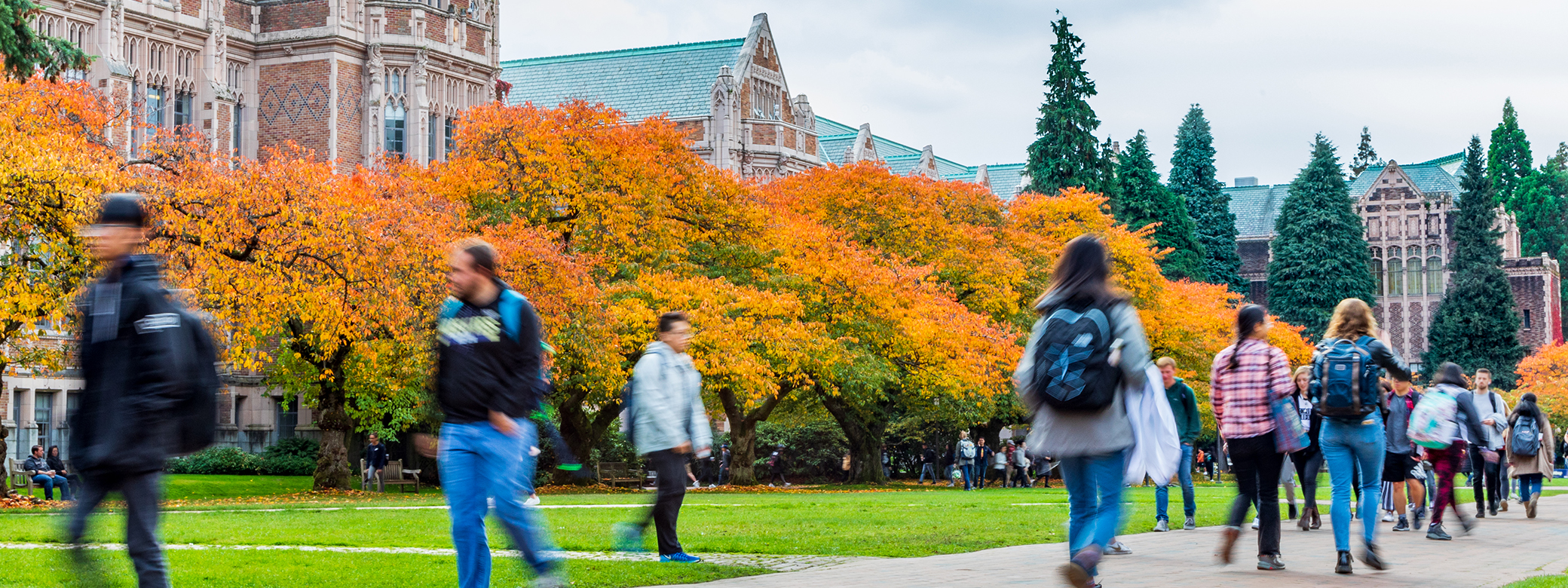-

3I/ATLAS makes closest approach to Earth
The comet 3I/ATLAS makes its closest approach to Earth on Dec. 19, according to NASA. James Davenport, research assistant professor of astronomy at the UW, is quoted.12/22/2025 | KOMO -

Teens holistic approach to school phone policies rivals adult rules
What happens if you let teens craft the rules that dictate their use of phones at school? You get policy ideas with a nuanced, holistic perspective that rival those being officially issued by the adults in leadership. The UWs Youth Advisory Board, a group of approximately 20 teens from Seattle-area schools, recently published its first memo tackling this contentious issue. The UW's Rotem Landesman, doctoral student in the Information School, and Luca Magis-Weinberg, assistant professor of psychology, are quoted.12/18/2025 | GeekWire -
These male hummingbirds evolved straighter, sharper bills so they could better joust for mate
While female green hermit hummingbirds have curved bills, males straighter mouthparts are built for stabbing one another, a new study suggests. Alejandro Rico-Guevara, associate professor of biology at the UW and curator of birds at the UW Burke Museum, is quoted.12/18/2025 | Smithsonian Magazine -
Holiday gift round-up
Looking for gifts that go beyond the typical stocking stuffers? This holiday season, wrap a little UW magic and celebrate learning, culture and connection across the University. From museum and arboretum memberships to books and performances, this curated list highlights meaningful ways you can share the spirit of curiosity and generosity.
12/17/2025 | UW Magazine -
Local writer named new poet laureate for Bainbridge Island
The Bainbridge Island City Council approved to have local resident and writer Erin Malone, affiliate associate professor of English at the UW, be the citys new poet laureate through 2027. Malone is the author of Sight of Disappearance, a full-length collection of poems.12/17/2025 | Bainbridge Island Review -
Videos show hummingbirds jousting like medieval knights in rare mating
The sharp, elongated bills of green hermit hummingbirds arent just fine-tuned for feeding; they also allow males to joust like knights over mates. Alejandro Rico-Guevara, associate professor of biology at the UW and curator of birds at the UW Burke Museum, is quoted.12/15/2025 | Scientific American -
WA scientist: Climate change reshapes gray whale survival odds
New research says birth rates for gray whales are still low, likely because of climate change affecting their food sources. However, melting sea ice has created new feeding opportunities, and scientists are hopeful the whales can adapt, allowing populations to rebound. Sue Moore, affiliate professor of biology at the UW, is quoted.12/15/2025 | Public News Service -
Opinion: Why I brought OnlyFans star Ari Kytsya to my college class
Nicole McNichols, associate teaching professor of psychology at the UW, writes, "On November 17, my students at the University of Washington heard from someone at the center of todays most complicated conversations about sexuality, labor, and the digital world. That person was Ari Kytsya, an enormously successful OnlyFans creator whose online presence is very different from what many people imagine when they hear 'OnlyFans model.'"12/08/2025 | Psychology Today -

10 Arts & Sciences Stories from 2025
As 2025 comes to a close, we're sharing some of the year's top Arts & Sciences stories.
December 2025 Perspectives -

A Healing Heart Returns
In February, the UW Symphony will perform a symphony that Coast Salish elder Vi Hilbert commissioned years ago to heal the world after the heartbreak of 9/11. The symphony was first performed by the Seattle Symphony in 2006.
December 2025 Perspectives
